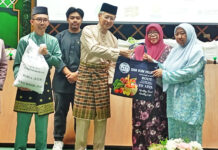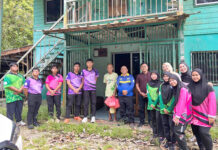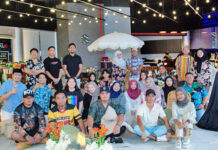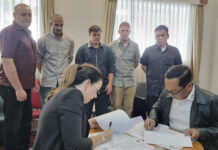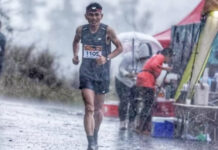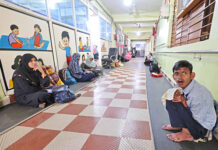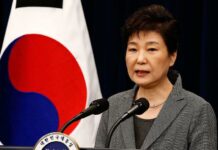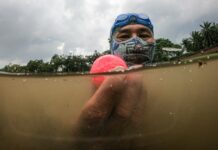Rokiah Mahmud
The profession of a nurse is undoubtedly a challenging one, requiring collaboration with various parties, including doctors, support staff, helpers, cleaners and, most importantly, patients.
This was said by Gleneagles JPMC Director of Nursing Chandra Devi Durairajoo in a recent interview with the Bulletin during the International Nurses and Midwives’ Day celebration at Pusat Ehsan Al-Ameerah Al-Hajjah Maryam in Bengkurong.
According to Chandra, the profession needs to be respected, and at the same time, the contribution that has been and is currently being made by nurses needs to be appreciated.
“In the past, many individuals were reluctant to venture into nursing due to the misconception that it deals primarily with menial tasks such as cleaning bedsheets.
However, as the profession has evolved, people have come to recognise and respect the diverse responsibilities and roles that nurses undertake,” she said. Today, nurses have ample opportunities to advance their careers and pursue further studies in their areas of interest, both locally and abroad.

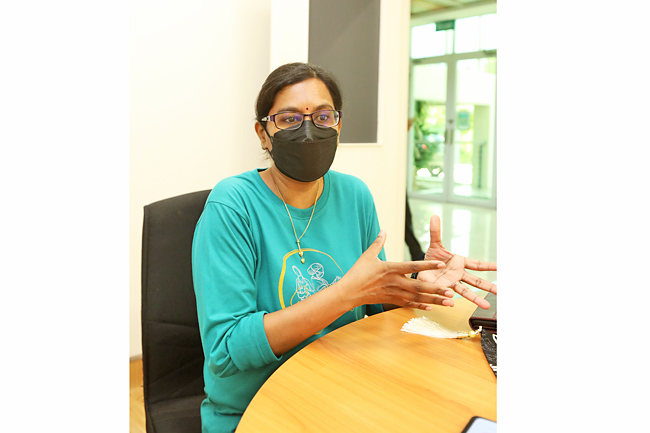
Chandra noted that the Ministry of Health (MoH) plays a significant role in promoting nurses’ professional development by providing various training programmes and opportunities for skills enhancement.
“Nurses also have the option to specialise in specific areas of healthcare through specialist courses or training,” she continued. “For instance, becoming a certified nurse in a particular field like general wards, outpatient care, or the intensive care unit (ICU) requires additional training and knowledge. Nurses who are adept at handling pressure may consider exploring these specialised areas.”
She added, “Taking myself as an example. I am a certified nurse at ICU. Therefore, having knowledge and specialty in that area allows me to know what I am doing at the ICU. If they think that they can work under pressure and handle the stress well, they might want to explore these professional skills.”
She also shared that, to embark on a nursing career, individuals typically need to complete a three-year nursing diploma programme. “While practical training is included during their time as nursing students, they are closely supervised. However, upon completing the nursing course and becoming certified nurses, they must apply their knowledge and practise their skills independently and professionally.”
When asked about the difference when it comes to providing care for patients with special needs, the director said more attention needs to be given.
“We really need to understand their moods and understand their way of behaving. This is because, for a normal child, they can easily understand what we are trying to say to them, they will not or will only sometimes throw a tantrum. However, most of the time it is manageable. With a special needs child, we have to learn ways in handling them especially when it comes to tantrums.
“For this, we must respect parents who have children with special needs, as they face the challenges in handling them and how they want their children to engage with the public.”
In a recent message marking International Nurses and Midwives’ Day, Minister of Health Dato Seri Setia Dr Haji Mohd Isham bin Haji Jaafar shared that the profession of a nurse has evolved tremendously from providing the service of bedside nursing care to highly technical and advanced tasks.
Meanwhile, Universiti Brunei Darussalam (UBD) Vice-Chancellor Dr Hazri bin Haji Kifle said at the International Nurses and Midwives’ Day Conference 2023 continuous professional development and lifelong learning for nurses and midwives are crucial.
The vice-chancellor further stated that as the nursing and midwifery fields continue to evolve, it is vital for professionals to stay updated and maintain and improve their skills, knowledge, and abilities.
This ongoing commitment to professional development enables nurses to provide safe, effective, and patient-centred care in the ever-changing landscape of healthcare, he added.


